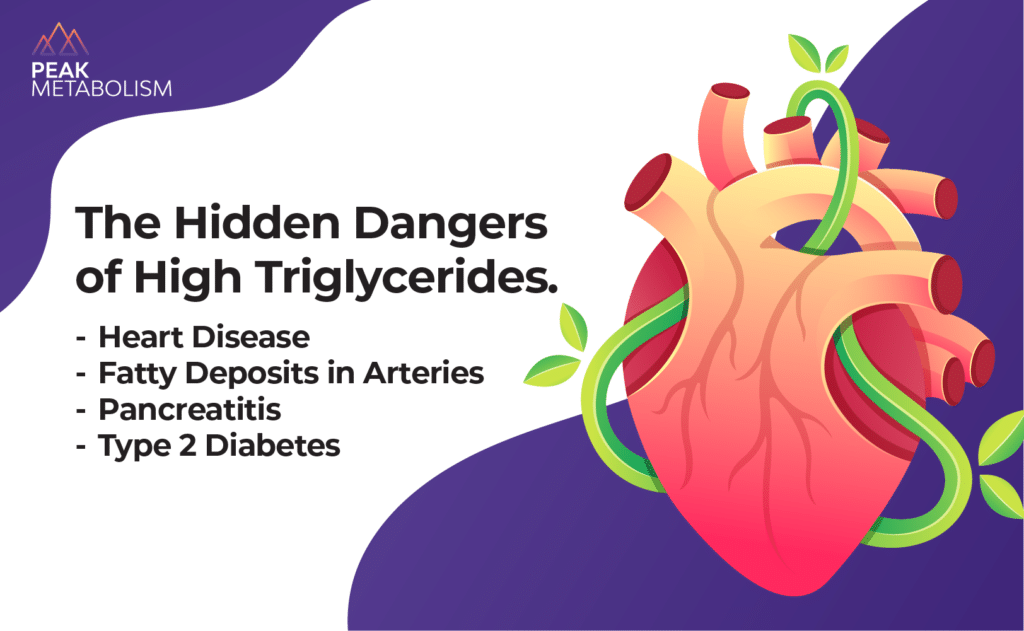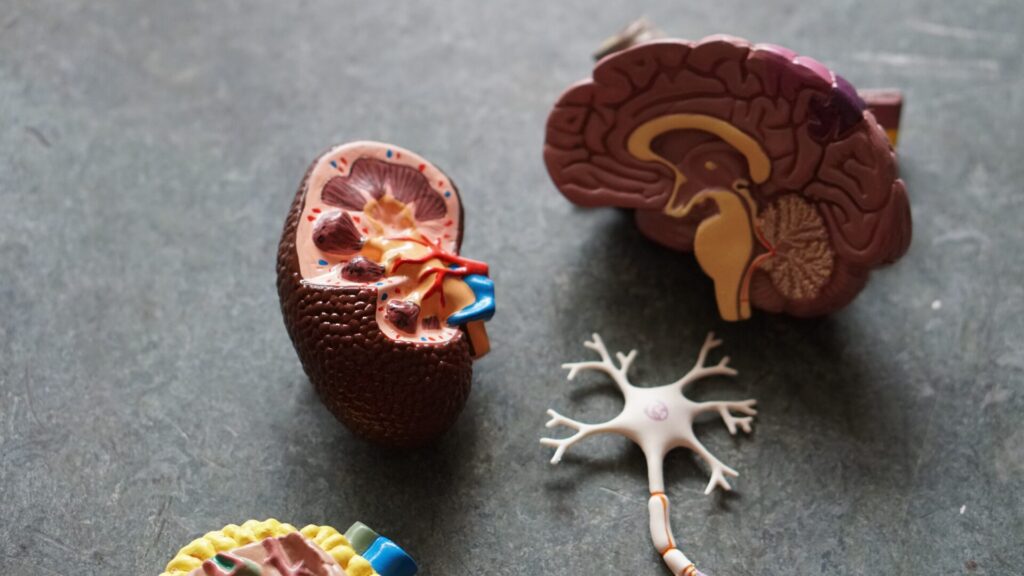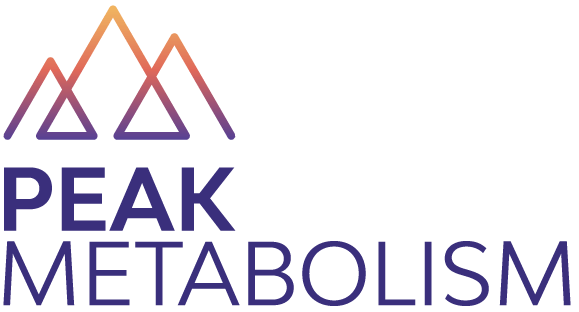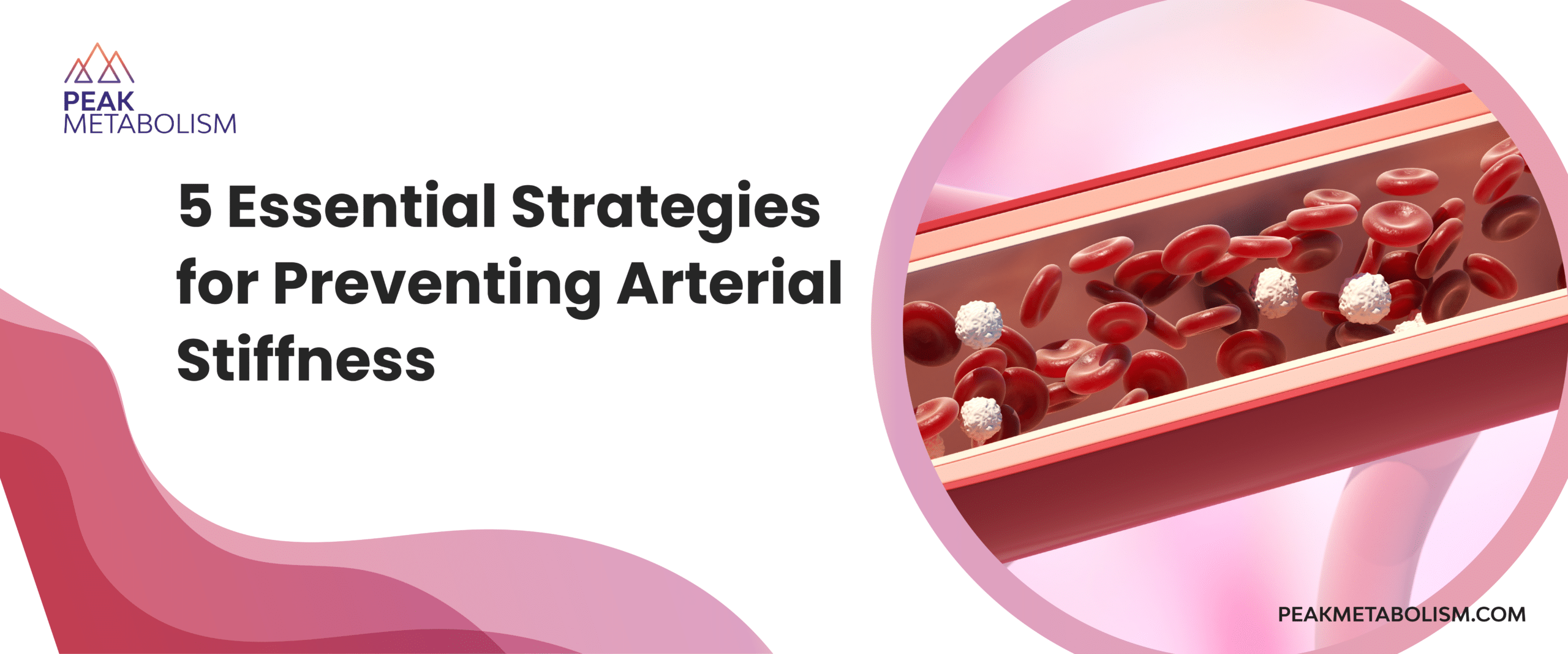
Arterial stiffness is a condition that can harm your health, potentially leading to heart disease and other serious issues. Fortunately, there are practical steps you can take to prevent your arteries from losing their natural flexibility. Let’s explore five essential strategies to manage and prevent arterial stiffness, ensuring your heart and blood vessels stay healthy.
What is Arterial Stiffness?
Arterial stiffness is characterised by a gradual increase in arterial rigidity. It’s closely related to atherosclerosis – the buildup of plaque in your arteries that leads to arterial hardening and vascular disease – and is a risk factor for developing atherosclerosis, however, it is distinct from atherosclerosis.
Your arteries have the ability to widen (dilate) or get narrower (constrict), depending on the needs of the tissues they’re supplying. It’s been known for years that the innermost layer of the artery (endothelium) is vulnerable to damage from common issues such as inflammation and high blood glucose, but research indicates that the middle layer of the artery (tunica media) also plays a vital role in blood flow regulation.
Arterial stiffness involves a loss of arterial suppleness, which affects dilation and constriction and prevents the arteries from regulating your blood flow and maintaining healthy blood pressure. The stiffness can extend into your capillaries, preventing these tiny blood vessels from delivering oxygen and nutrients to your organs.
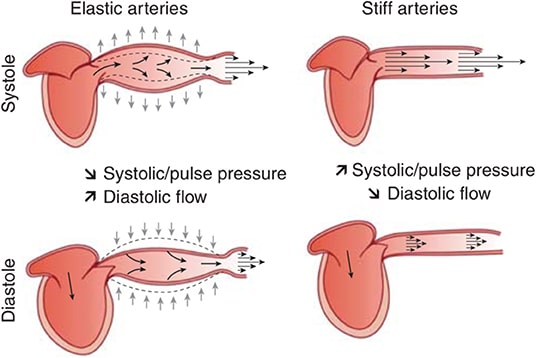
What Causes Arterial Stiffness?
One of the primary causes of arterial stiffness is aging. As you grow older, the tissues all around your body gradually stiffen and weaken as levels of elastin and collagen decline, and your arteries are no exception.
Type 2 diabetes, which results from high blood glucose levels, is also known to increase your risk of arterial stiffness and hypertension (high blood pressure). A third significant risk factor is calcification, where your blood leaves calcium deposits in the artery walls, making them harder. Smoking and cardiovascular disease are also risk factors for developing arterial stiffness.
Potential Health Risks Associated with Arterial Stiffness
Having arterial stiffness can contribute to a number of serious health problems, including:
- Cardiovascular disease
- Stroke
- Alzheimer’s disease and other forms of dementia
- Kidney failure
- Parkinson’s disease
- Non-alcoholic fatty liver disease
- Type 2 diabetes
- Hypertension (high blood pressure), which further damages the walls of your arteries and contributes to their stiffness.
Methods of Measuring Arterial Stiffness
There are various ways of measuring arterial stiffness, but one of the most accurate is assessing central aortic pulse wave velocity. This involves recording pulse waves at both the carotid arteries in your neck and femoral arteries in your thighs and comparing them. Some devices use special blood pressure cuffs, while others use sensors.
When your heart contracts, a pulse of energy passes through your circulatory system. Arterial stiffness affects the speed at which this pulse wave travels, so measuring the aortic pulse wave is a good indicator of the stiffness of your arteries. With some methods, there’s a break required between measurements, but newer devices can do the two measurements synchronously.

Preventive Measures to Combat Arterial Stiffness
Here are the top five ways of avoiding arterial stiffness and keeping your arteries flexible:
Exercise is important for keeping all your tissues and organs healthy. It increases blood flow, which means your tissues get more oxygen and nutrients. It also prevents atrophy, where tissues weaken and lose function from lack of use.
Fish oil supplements contain omega-3 fatty acids DHA (docosahexaenoic acid) and EPA (eicosapentaenoic acid). These substances reduce inflammation, clotting, and blood vessel constriction, which improves the flexibility of your arteries.
Clinical trials of vitamin D3 and vitamin K2 show a significant reduction in the participants’ arterial stiffness, and one study suggests that arterial stiffness could be reversible using high doses of vitamin D. Both vitamins D and K slow artery calcification and help maintain blood vessel suppleness.
Garlic increases nitric oxide activity in your body, which is important for healthy circulation and blood pressure. However, its chief benefit in keeping your arteries supple is the hydrogen sulfide it contains, a compound that relaxes your blood vessels and reduces blood pressure.
Nitrates in your food are a source of nitric oxide. Eating a diet containing vegetables rich in nitrates reduces your risk of developing hypertension and can improve cell function in the artery’s endothelial layer. You might be familiar with nitrates from their link with processed meats, but don’t confuse the two – processing alters nitrates in meat to produce a potentially cancer-causing chemical; this doesn’t happen with unprocessed sources of nitrates.
Considering the impact of arterial stiffness on vascular health, it’s wise to embrace these simple dietary and lifestyle changes. The added bonus is that these changes can enhance your overall health in many ways, not just by reducing the risk of arterial stiffness.
Conclusion
In summary, while arterial stiffness poses a significant health risk, managing and potentially preventing it is within your control through straightforward lifestyle changes. Embracing regular exercise, a heart-healthy diet, and specific nutritional supplements can significantly aid in maintaining your arteries’ elasticity.
Start incorporating these changes into your daily routine, and take an active role in protecting your cardiovascular health.
Take the next step toward optimal health by reaching out to Peak Metabolism. Contact us today to book your assessment and embark on the journey to a healthier heart and a fuller life.
